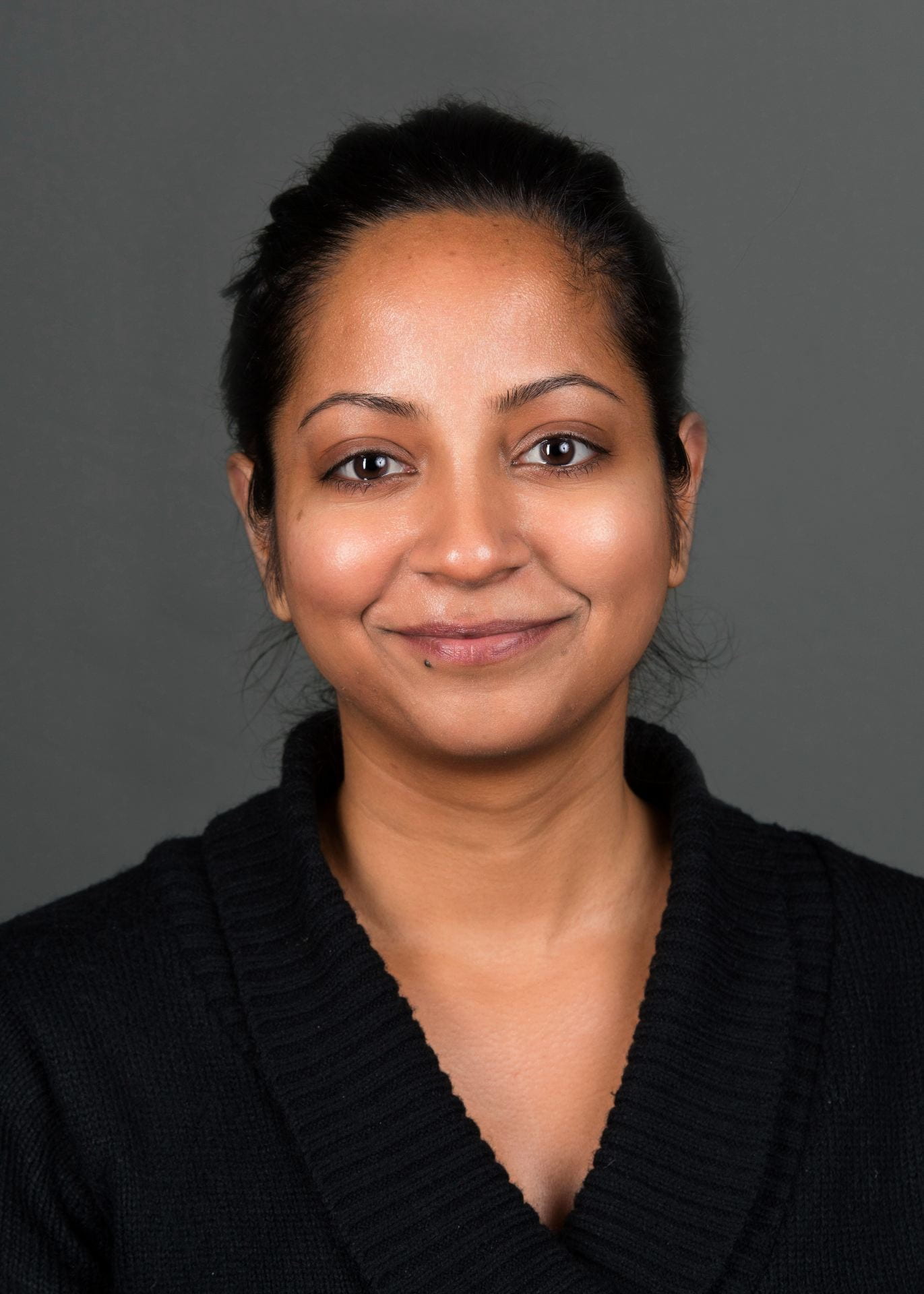Maanasa Raghavan, COSAS member and Neubauer Family Assistant Professor of Human Genetics published a new article in the October 5 issue of Science.
The peer reviewed journal, “has been at the center of important scientific discovery since its founding in 1880—with seed money from Thomas Edison. Today, Science continues to publish the very best in research across the sciences, with articles that consistently rank among the most cited in the world.”
Raghavan’s piece is entitled, “Going local with ancient DNA: A review of human histories from regional perspectives.” She completed it along with colleagues Maria C. Avila-Arcos, International Laboratory for Human Genome Research, Universidad Nacional Autónoma de México, Querétaro, Mexico and Carina Schlebusch, Human Evolution, Department of Organismal Biology, Uppsala University, Uppsala, Sweden.
“Ancient DNA (aDNA) has added a wealth of information about our species’ history, including insights on genetic origins, migrations and gene flow, genetic admixture, and health and disease. Much early work has focused on continental-level questions, leaving many regional questions, especially those relevant to the Global South, comparatively underexplored. A few success stories of aDNA studies from smaller laboratories involve more local aspects of human histories and health in the Americas, Africa, Asia, and Oceania. In this Review, we cover some of these contributions by synthesizing finer-scale questions of importance to the archaeogenetics field, as well as to Indigenous and Descendant communities. We further highlight the potential of aDNA to uncover past histories in regions where colonialism has neglected the oral histories of oppressed peoples.”
Congratulations, Professor Raghavan, on your publication!
